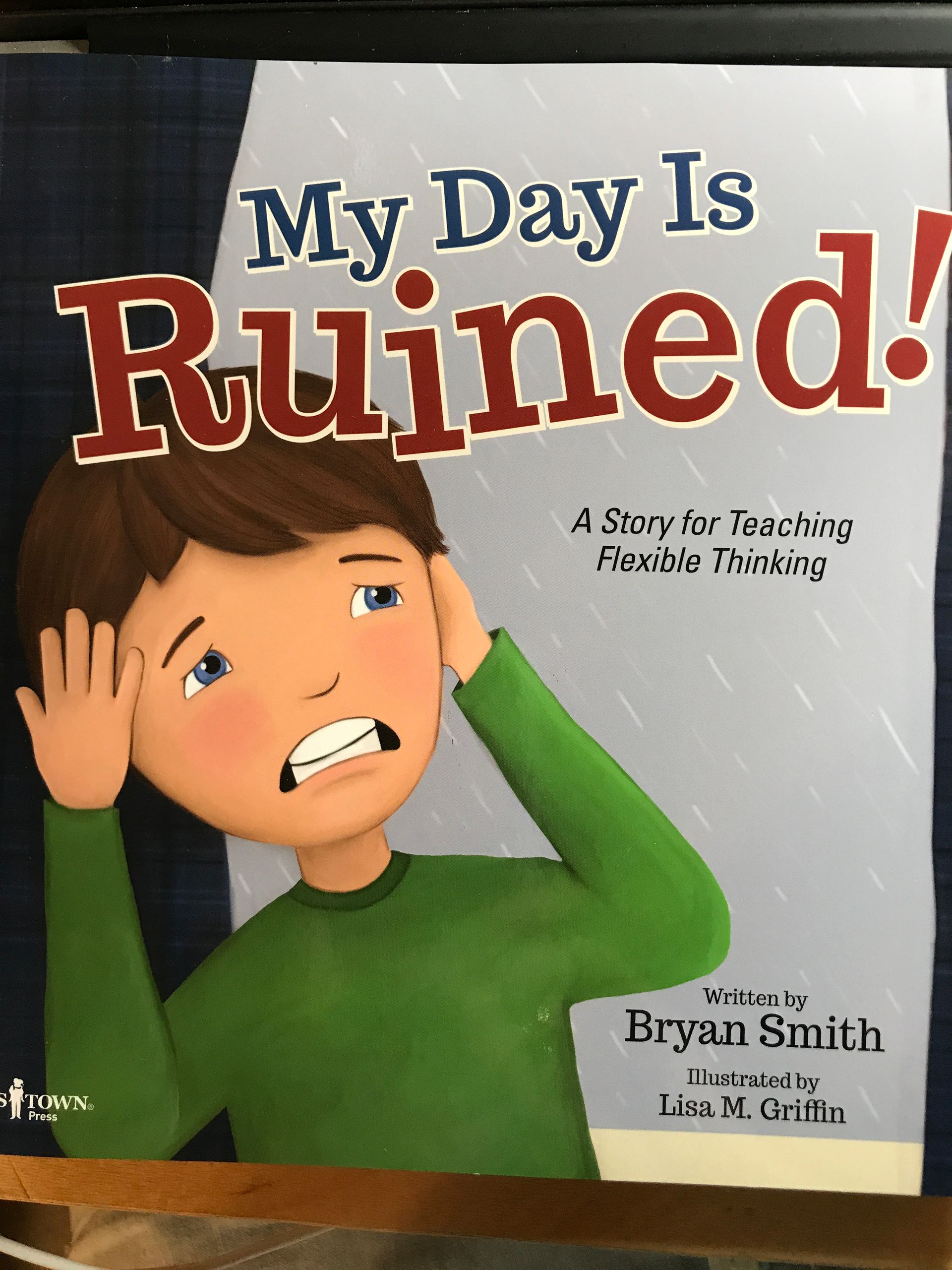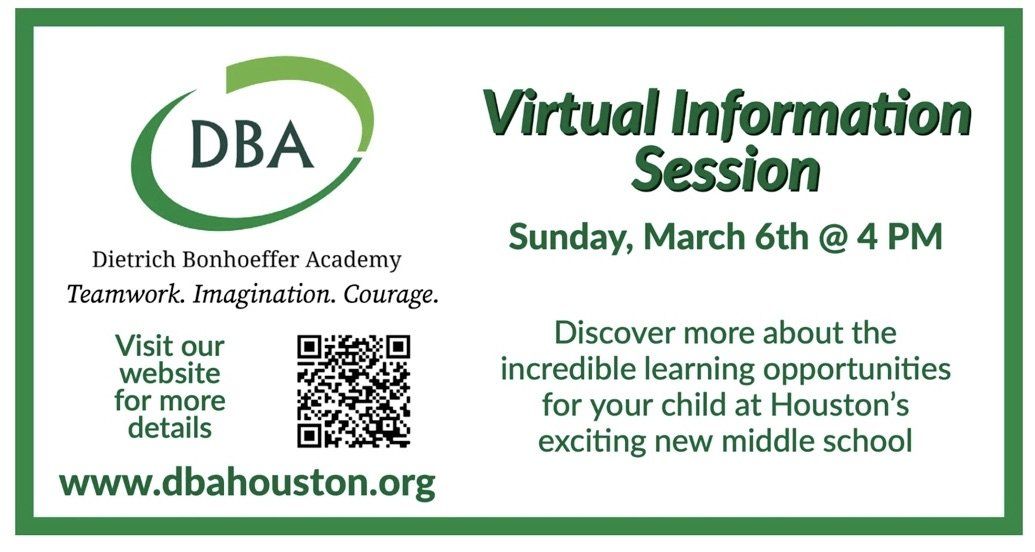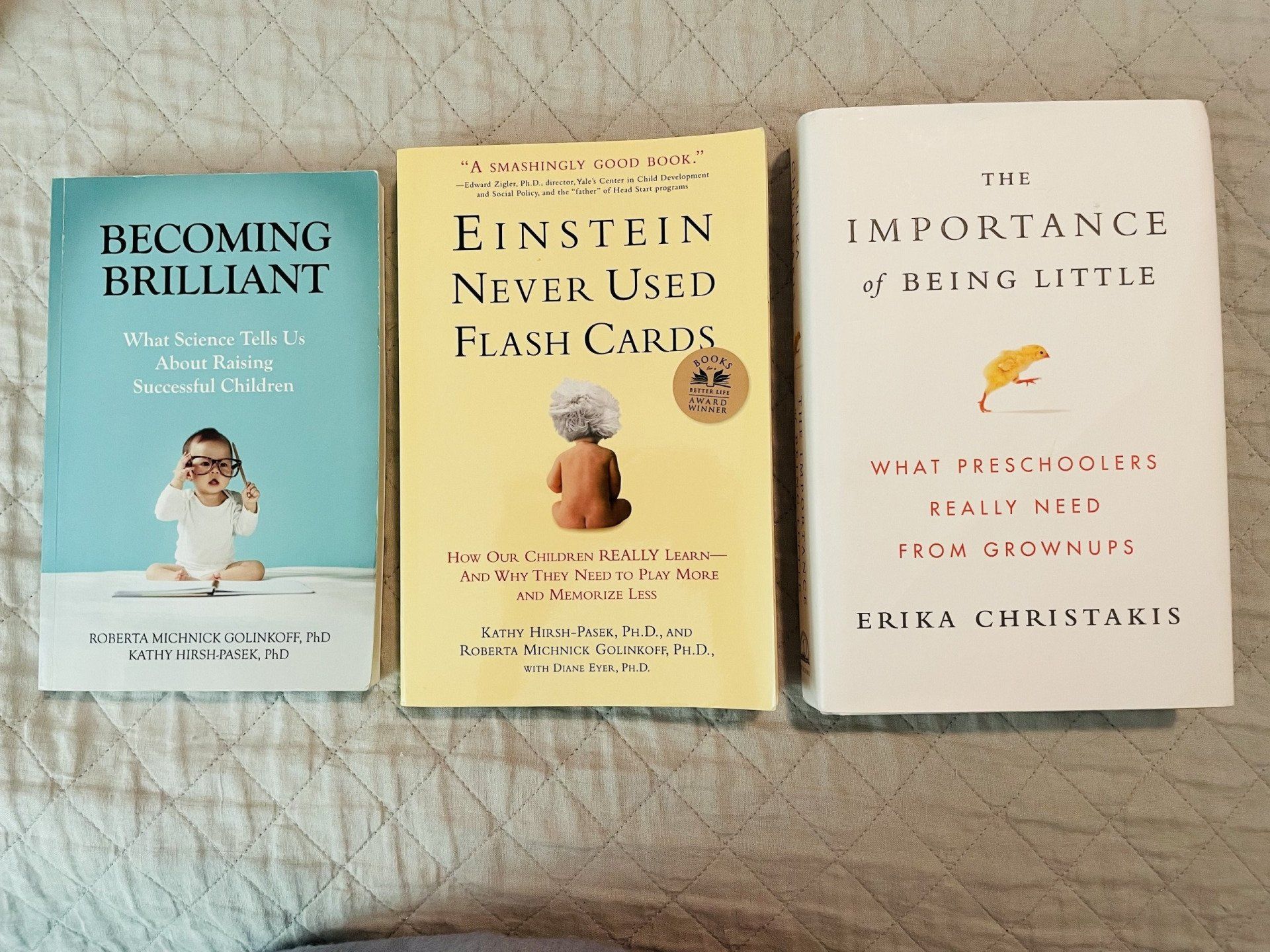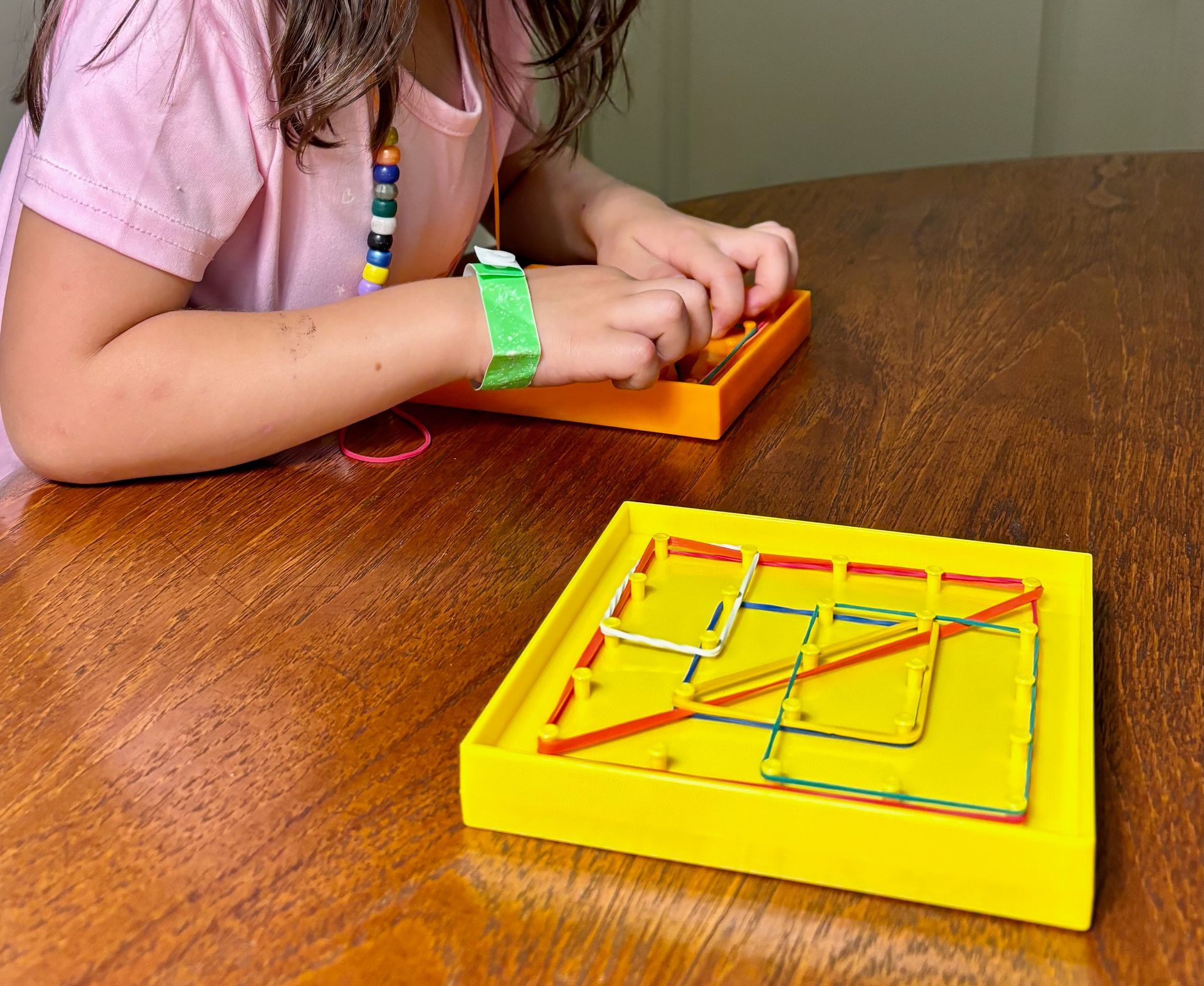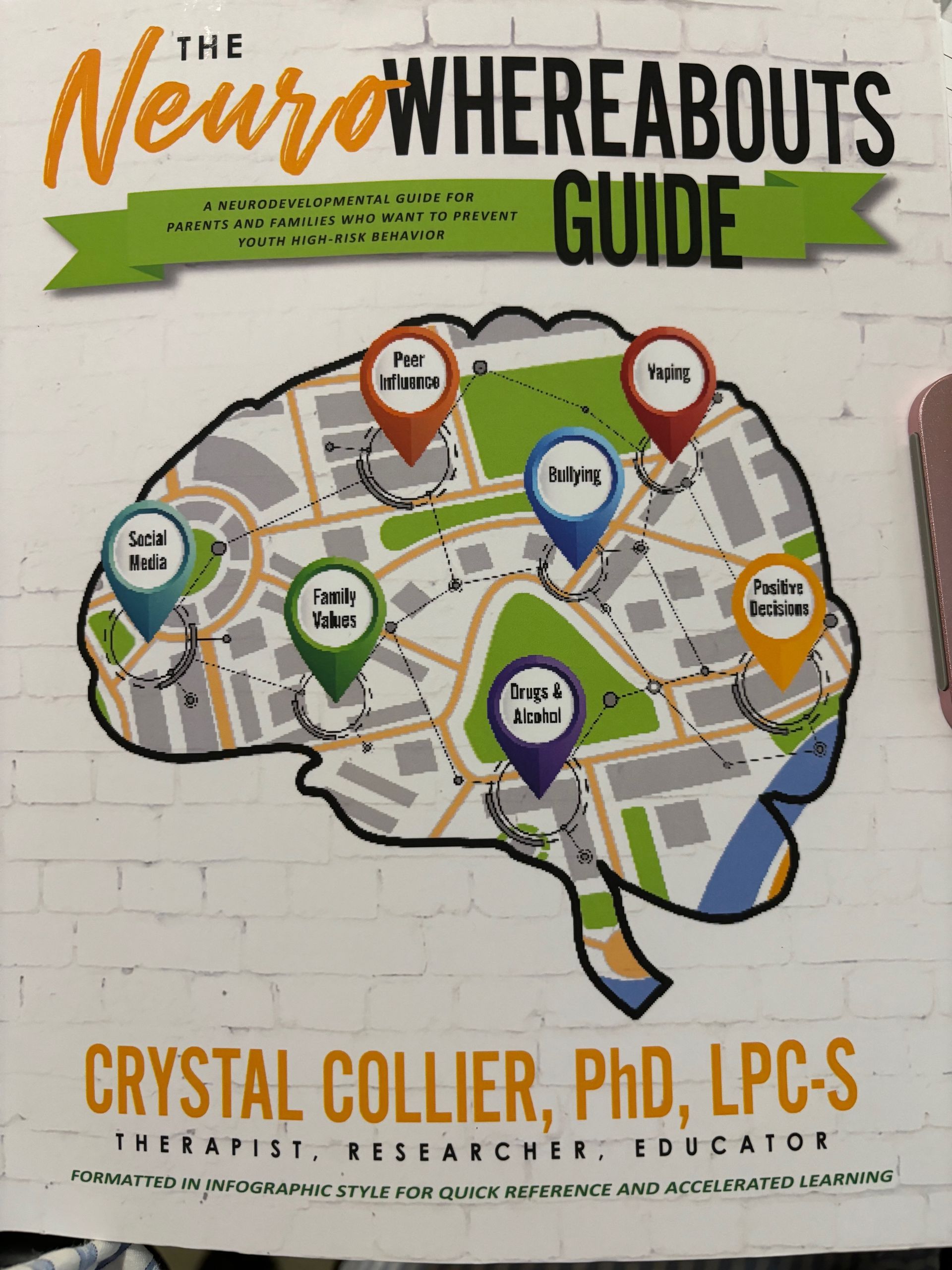
Why Do Executive Functioning Skills Matter for Admissions
When I was making a presentation to parents at ConocoPhillips recently, I asked for a show of hands of those parents who knew about "Executive Functioning Skills". One hand went up. Definitely, this is a topic that I thought was widely understood by parents but it must be just in my world of private school education. We need to change that because developing executive functioning skills - or EF skills - in children is an essential responsibility for parents today. Many EF skills are most evident when they are missing - like the space where a front tooth used to be. Just as every one can tell when a child has lost a front tooth, everyone can tell when a child has lost self-control in the grocery store, at a birthday party or in the classroom.
Educational research shows that the number one executive functioning skill a child must have in order to learn is Emotional Regulation. This skill begins in the baby's crib and is fostered by loving parents who know that unless their child is hungry, wet or in pain, it is best to let the child cry when she is put down at bedtime. The child learns the power of soothing herself to sleep and not relying on a caregiver to do it for her. Likewise, when a child begins to melt down over a small disappointment, parents need to let the child experience sadness and move on or go to his room until he can calm himself.
One of my favorite books about teaching executive functioning skills to your children is Mind in the Making: The Seven Essential Life Skills Every Child Needs by Ellen Galinsky.
